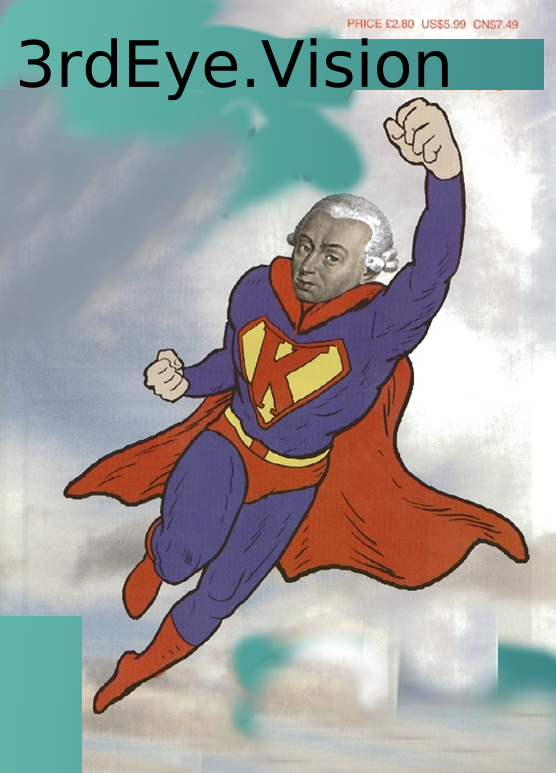
The views of causality put forth by David Hume and Immanuel Kant, two prominent philosophers of the 18th century, share a common ground that knowledge is contingent on experience. However, they diverge on the fundamental nature of causality and how it is perceived.
Hume, an empiricist philosopher, maintained a strict skeptical stance on causality, arguing that there is no evidence to link cause and effect. According to Hume, the mind is like a theater where different perceptions appear successively without any necessary connection between them. He believed that even if there appears to be a cause and effect relationship between two events, it is merely an inferred illusion, and there is no inherent connection between them. For instance, one may see the cue ball hitting the eight ball and the eight ball rolling away, but not see the cue ball causing the eight ball to move. In Hume’s view, causality is a mental splice of events, and its connection is inferred rather than observed.
Kant, on the other hand, opposed Hume’s views with what he called the Copernican revolution in philosophy. Similar to Copernicus, who recognized that the apparent movement of the sun was a false impression created by the Earth’s orbit, Kant argued that the primary features of objects arise from mental activity rather than inherent qualities of the objects. According to Kant, “All representations, whether they have for their objects outer things or not, belong, in themselves, as determinations of the mind…” In other words, the mind prearranges the details of experience, and the details maintain sovereignty from the things that the mind observes. In contrast to Hume’s skepticism, Kant asserted that the mind superimposes causality on sensory experience.
Both Hume and Kant’s views ultimately lead to a skeptical disillusion that real knowledge is not possible. For Hume, causality is merely an impression of imperfect senses, and for Kant, causality is superimposed by the mind. Thus, their arguments ultimately degenerate into contradiction. Despite their divergent views, Hume and Kant’s contributions to the philosophy of causality remain relevant and influential to this day.
-Vel 2023
1.Immanuel Kant: The Critique of Pure Reason, Transcendental Aesthetic, Section II, Time, (translated by Norman Kemp Smith, London: Macmillan and Company, 1929).